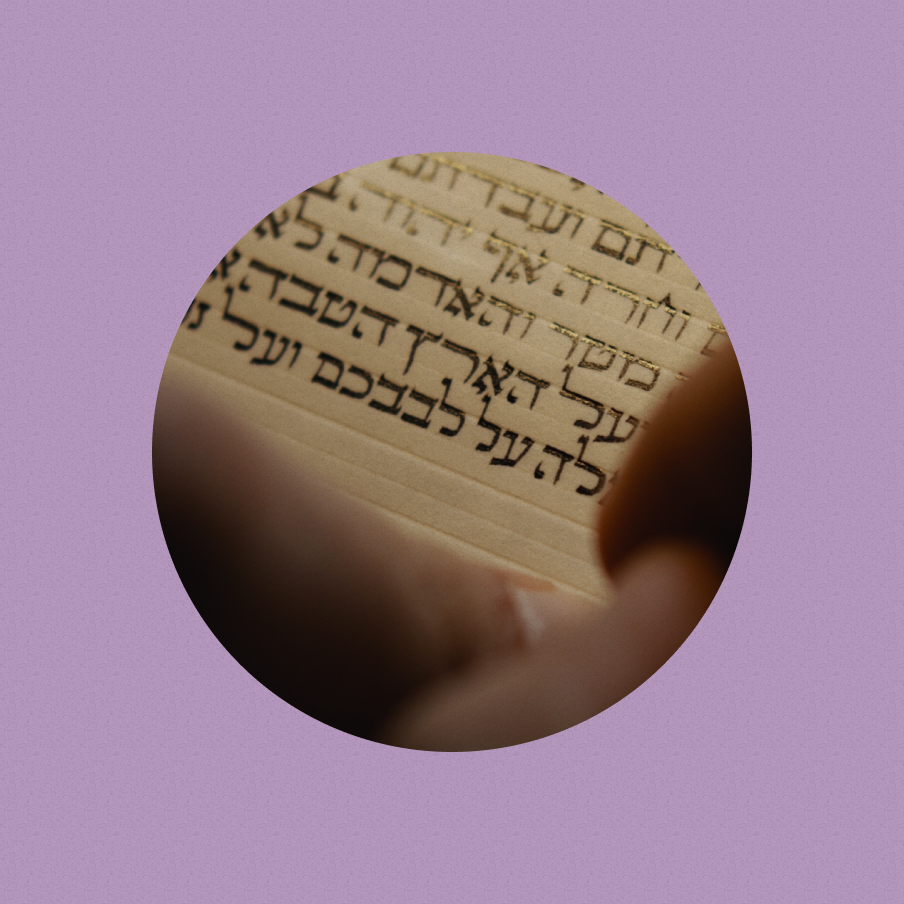
Univ of Illinois REL 231/PHIL 231
Religion & Philosophy: A Life Well-Lived
Dr. Stephanie Mota Thurston is an Assistant Professor in Religion Department at the University of Illinois, Urbana-Champaign.
What does it mean to live well—to live a good or meaningful life? Are the answers to this question timeless, or are they determined by our social location (like our race/ethnicity, class, gender, etc.)?
Listen on
What does it mean to live well—to live a good or meaningful life? Are the answers to this question timeless, or are they determined by our social location (like our race/ethnicity, class, gender, etc.)? This course introduces students to resources and concepts from the Western philosophical and Christian theological traditions related to this overarching question. Students will critically and charitably engage these traditions, determining what resources they might offer and what considerations they might neglect.
Learning Goals:
- Define and analyze key course concepts, including but not limited to: eudaimonia, virtue, habit, flourishing, moral exemplar, practical reason, etc. (LG1)
- Understand and evaluate arguments from course materials about the features of a/the “Good Life” or “a life well-lived.” (LG2)
- Identify and evaluate the main arguments of assigned course material (LG3)
- Describe the features of a/the “Good Life” or “a life well-lived” and defend your account.(LG3)
- Contribute to collaborative knowledge production and assess your contribution. (LG4)
- Practice charity and critique with course content and colleagues. (LG5)
What does it mean to live well—to live a good or meaningful life? Are the answers to this question timeless, or are they determined by our social location (like our race/ethnicity, class, gender, etc.)? This course introduces students to resources and concepts from the Western philosophical and Christian theological traditions related to this overarching question. Students will critically and charitably engage these traditions, determining what resources they might offer and what considerations they might neglect.
Learning Goals:
- Define and analyze key course concepts, including but not limited to: eudaimonia, virtue, habit, flourishing, moral exemplar, practical reason, etc. (LG1)
- Understand and evaluate arguments from course materials about the features of a/the “Good Life” or “a life well-lived.” (LG2)
- Identify and evaluate the main arguments of assigned course material (LG3)
- Describe the features of a/the “Good Life” or “a life well-lived” and defend your account.(LG3)
- Contribute to collaborative knowledge production and assess your contribution. (LG4)
- Practice charity and critique with course content and colleagues. (LG5)























